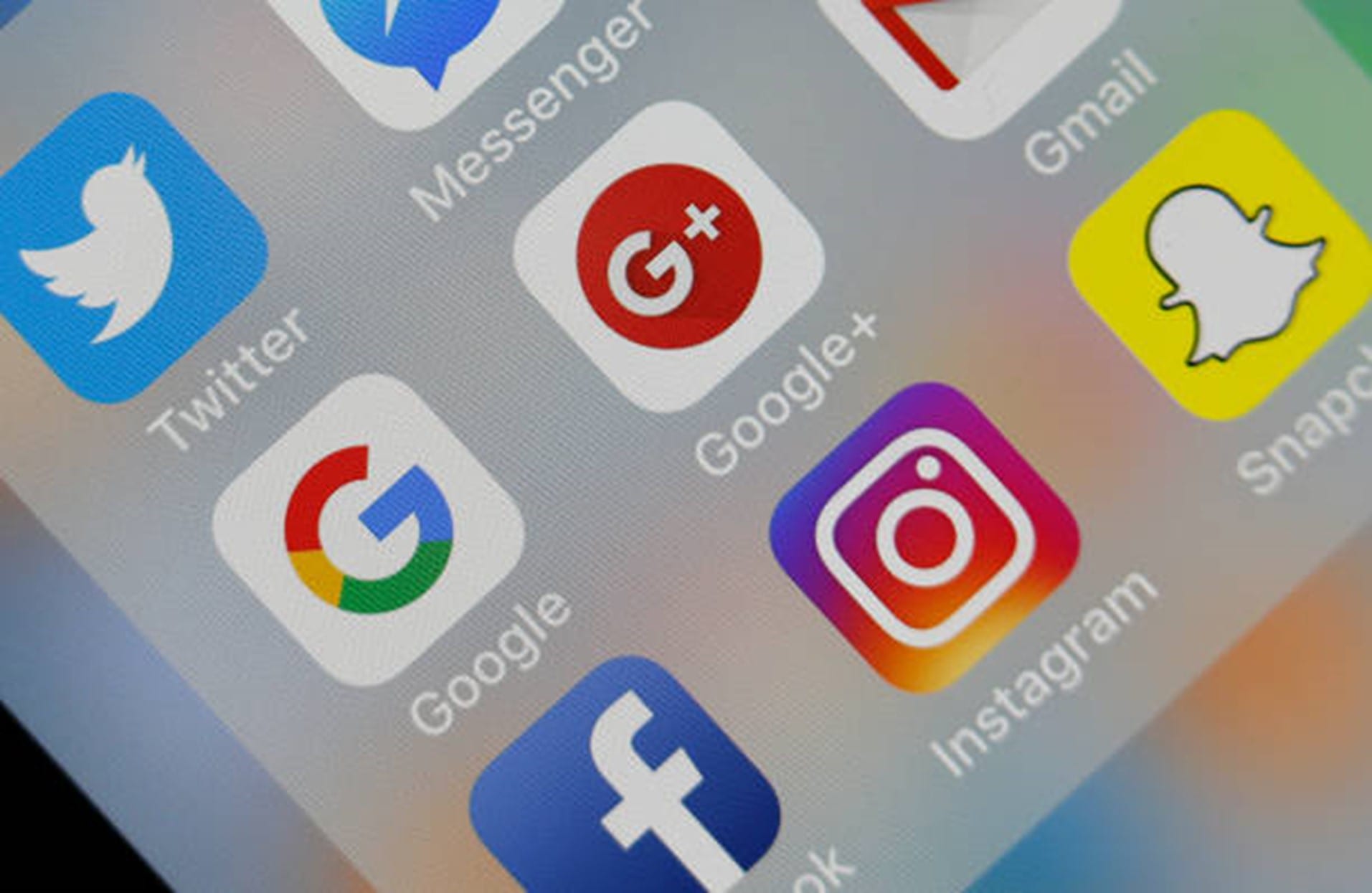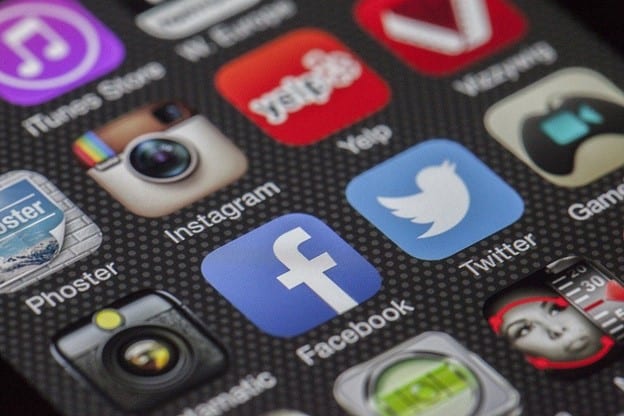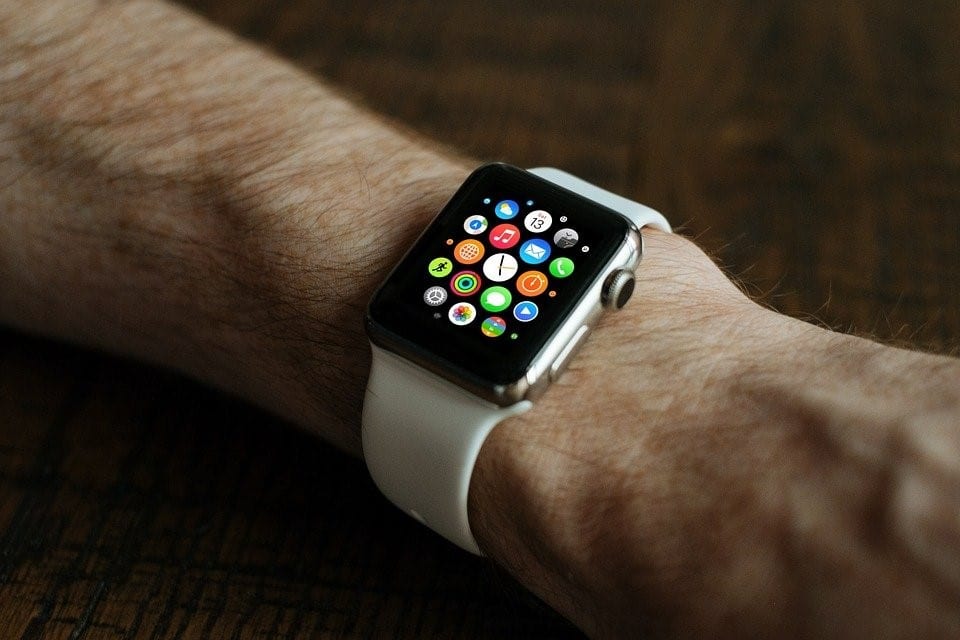Are Social Media Users Exploited? 6 Ways We Can Change All That




As you may be aware, WhatsApp announced its new terms of service. They included new conditions which allowed the App to share data with Facebook, its parent company. If users wanted to use the App’s services still, they would have to comply with the change before February 8th, 2021.
Users were not happy since the allure of WhatsApp was the end-to-end encryption and the apparent privacy. However, since Facebook had acquired the company in 2014, this was bound to happen at some point. What’s worse is that the App was probably already sharing users’ information with Facebook since 2016. An update in August of that year began sharing metadata and user information with Facebook. You could’ve chosen to opt-out of the feature at the time, but that option is no longer there.
While certain users are now migrating to alternatives like Telegram and Signal, WhatsApp has over 1 billion users. A mass exodus of that size isn’t possible in a few days. Users will have to choose between the privacy policy and the fact that most of their social circle is on WhatsApp.
Social media networks have grown so big that it’s become impossible to boycott them completely, and this is where the problem lies.
How Does Social Media Exploit Its Users?
Social media is an indispensable and essential part of life now. Even people that don’t have social media profiles use messaging apps like Messenger, WhatsApp, etc. They’re not just platforms to contact one’s friends and relatives, but also to communicate with co-workers. Social networks offer convenience like never before, including access to businesses and customer reps. They provide platforms to buy, order, and perform transactions as well.
Social networks like Facebook, Instagram, TikTok, and Twitter have hundreds of millions, if not billions of active users. They affect popular culture and have become the source of news for many people. The fact that they’re free means they take our data as payment.
In the recent past, scandals have broken including the Cambridge Analytica episode which exposed Facebook. The social network quite literally gave away data that allowed Cambridge Analytica to influence the 2016 US Presidential Election. However, it’s much bigger than that. Bing, Microsoft’s search engine, Netflix, Spotify, the streaming services, and Amazon have benefitted from Facebook’s massive data haul.
Facebook has argued that data collection and sales have been part of “helping people”. The data helps companies cater to their customers more. However, it also exposes private information to companies.
As an example, take Tim Stobierski. He was essentially outed by a Facebook ad for a gay cruise in 2014. That kind of information can be damning both professionally and personally. If a person isn’t comfortable sharing parts of their lives with others, they shouldn’t be circumvented like that.
However, it’s not just Facebook that is guilty of violating privacy. Take a look at the new kid on the block; TikTok. The App, formerly known as Musical.ly, has now amassed over 800 million active users. That makes it among the largest social networks on the planet.
Yet, there are huge privacy flaws in the App. It’s connection to China means that a lot of data is being harvested by the Chinese government. The App is currently under investigation by the Justice Department and Federal Trade Commission of the United States. It has also been banned in India, Bangladesh, and Indonesia.
The list of social media privacy offenders includes Twitter as well. It officially disclosed its serious violations of privacy in 2019. The information of its users had been shared with companies for advertising campaigns and targeted ads.
Finally, let’s come to Google. While not a social network. It has perhaps the largest pool of data in the world. In 2018, an internal video from the tech giant leaked. It elaborated on the concept of how data could be used to manipulate users. The most far-reaching implications of the video were that data could be used to manipulate entire populations. This was not just implied for advertising’s sake, but to change the narrative around certain topics. To whose benefit? The person pressing the button, of course.
Social media can shape our choices already. Social media addiction has been recognised as a problem for many people. Yet, for those that want to leave, or let go, there’s very little choice. Is there a way to prevent social media from exploiting its users?
How Can We Prevent Social Media Exploiting its Users
While no perfect solution has been suggested yet, there are certain ways to stop social media users’ exploitation. Over the last few years, several suggestions to curb social media networks’ power and increase privacy have emerged.
1. Balkin’s Fiduciary Rule
During Mark Zuckerberg’s hearings with the US Congress, he expressed approval of this rule. Jack Balkin is a law professor at Yale who came up with the term, “Information Fiduciary”. He calls, “The First Amendment in the Second Gilded Age”, the Information Fiduciary would safeguard a user’s privacy. It would reclassify social networks. They would effectively have legal and professional relationships with their users instead of treating them like ‘users’.
Balkin outlines the relationship is similar to that of a patient and a therapist or a lawyer and client. Hence, giving up information about a social media user would be equivalent to breaking privilege. The information fiduciary’s three basic duties would be a duty of care, confidentiality and loyalty. The first two encompass keeping data secure and not using in negligent ways to hurt you. Loyalty would prevent the company from using your data in ways that would benefit the company while hurting you.
Hence, a contractual relationship would come about between each user and the social network. This way, the platforms would be subject to legal repercussions in case they violate these duties.
2. Employing Multi-Factor Authentication as a Standard
While Multi-Factor authentication is available on most social networks and messaging apps, it’s not the standard. You have to set it up by looking through the security settings. It’s not mandatory like creating a username or password.
However, it should be mandatory, since it’s the only secure way of preventing intrusions due to credential theft. Multi-factor authentication in the form of biometric verification or device verification is the best option. It requires that you use a second device that you carry to authorise entry into your account. This is far more secure than message-based multi-factor authentication, which sends a text to your phone. That method is easily hackable since traffic can be intercepted between your phone and a social media server. All a hacker would need is your phone number.
Making device-based or biometric-based authentication the standard on social networks should happen quickly. That way, stealing account information won’t be as easy as it is now.
3. Enacting More GDPR-like Laws
The introduction of the GDPR in 2018 sent ripple effects throughout the world. You may remember that time in 2018 when every single App that you used revised its privacy policy. Well, that affected the world’s attitude towards privacy.
Today, more than ten countries have enacted similar laws or are in the process of enacting them. These include Brazil’s LGPD, and Australia’s Privacy Amendment, as well as Japan’s Act on Protection of Personal Information. Even China has begun work on its data privacy law.
Due to the GDPR, the EU is now ahead in every single data privacy metric worldwide. Citizens now have the right to request deletion of their records at any social media company if they want to. Even the new WhatsApp privacy policy, which shares more data with Facebook isn’t being implemented in the EU.
4. Blocking Apps that Track User Activity
Most social media apps are notorious for tracking user activity even when you’re not on the site. Facebook’s infamous tool, Pixel, tracks your activity outside its domain. There are even browser extensions to stop it.
There should be a way for that practice to be blocked. Apple has begun working on a solution. It has announced that it will block apps from tracking user activity. Apple has warned developers that if they don’t comply with the new “Tracking Transparency” framework, their apps will be removed. Certain companies, including Facebook, have criticised this approach.
Other companies should adopt this approach of blocking apps from tracking user activity. This is especially true for OS makers like Windows, Google, Samsung, and Huawei.
5. Educating More People About Social Media Dangers
Finally, educating people about the dangers of social media should be a priority. If we educate more people about limiting their digital footprint, that would be a good start. It would allow people to understand just how they are being exploited and limit that exploitation.
Social media isn’t going anywhere anytime soon. We should learn to adapt to its invasive tactics and to limit that intrusion further.






